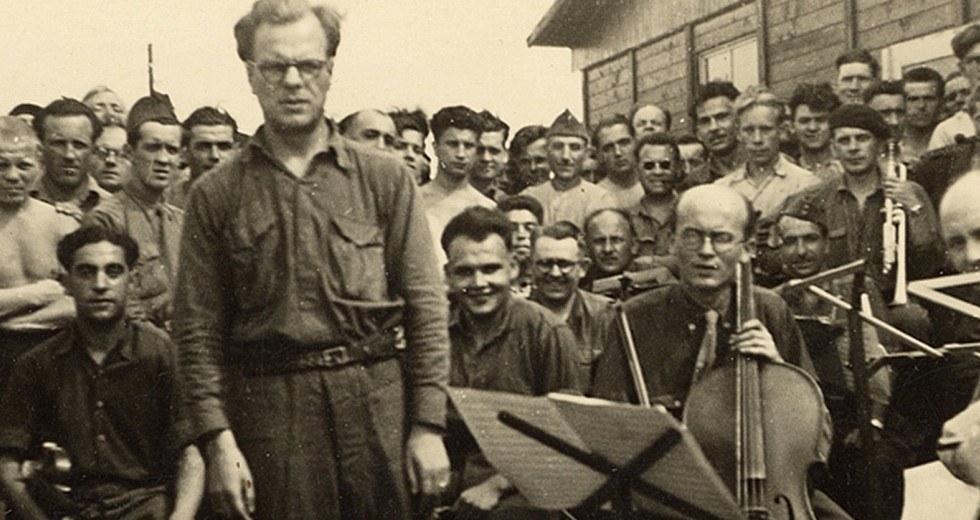Osvaldo Golijov’s “Tenebrae”: Melismatic Echoes of Couperin
In Western Christianity, Tenebrae occurs in the final days of the Holy Week, and commemorates the sufferings and death of Christ. It involves the gradual extinguishing of candles, leading to a void of darkness. Metaphorical darkness, light, and space formed the inspiration for Tenebrae, a 2002 chamber work by Argentine composer, Osvaldo Golijov (b. 1960). (The piece was originally scored for soprano, clarinet, and string quartet, and later adapted for strings alone). …







